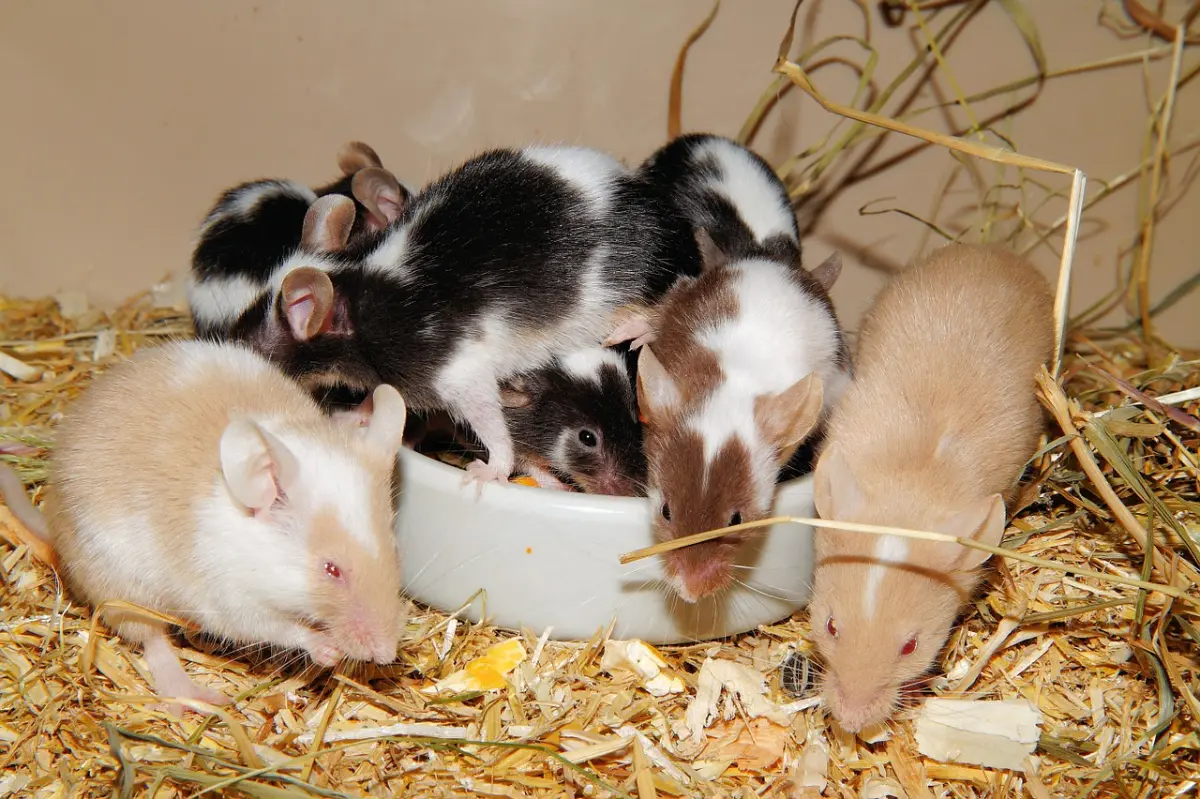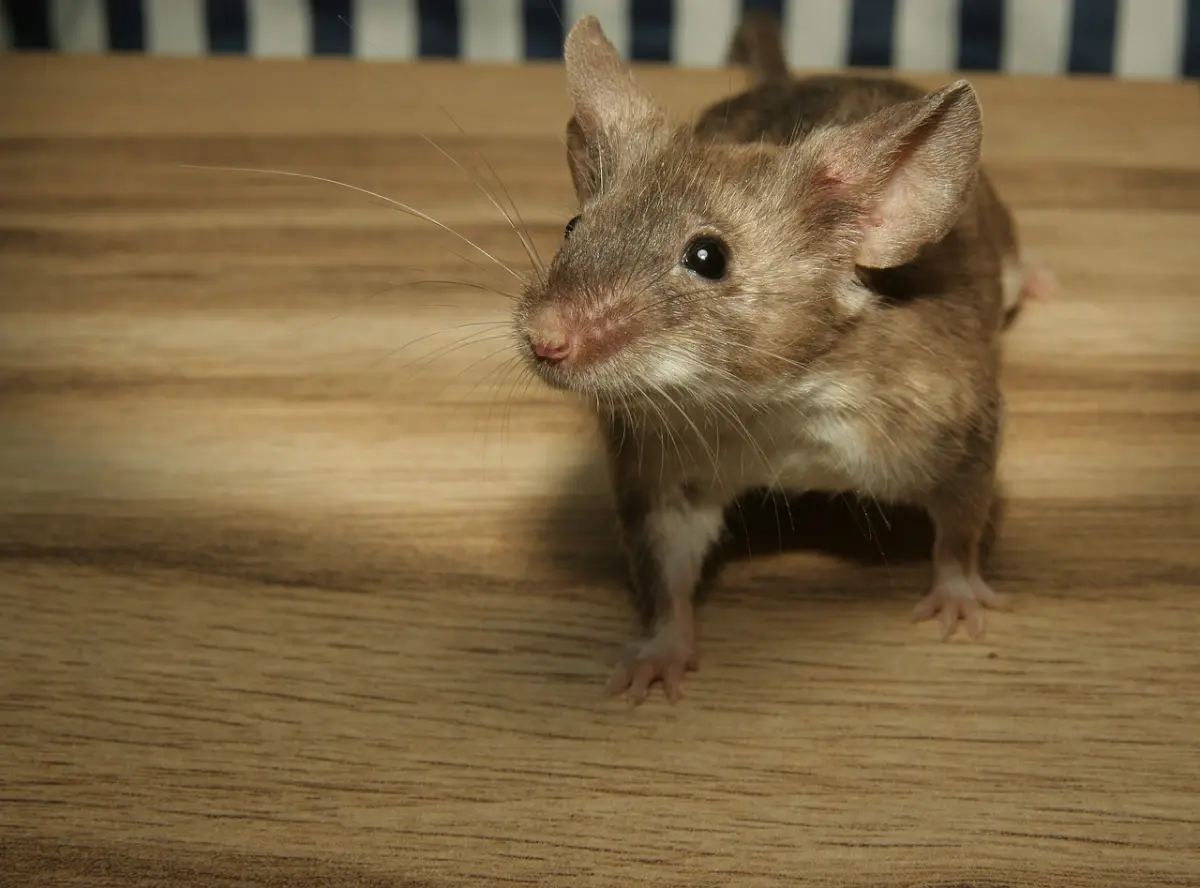Ferrets are now popular pets in many households and the more it becomes a favorite pet choice, the more questions we come across, and while their adorable faces and playful antics make them irresistible to many, understanding their dietary needs is crucial and today the question is “Do Ferrets Eat Mice?“. I hope you can guess, but we are here to help you further.
This article delves into the ferret’s diet, their natural hunting instincts, and whether mice, as regards the main question, are a suitable food source or not.
The Ferret’s Natural Diet
Ferrets (Mustela putorius furo) belong to the family Mustelidae, which also includes weasels, otters, and badgers. In the wild, ferrets are carnivores, meaning that their diet consists almost exclusively of animal-based proteins. Their natural prey includes small mammals, birds, and insects.
The diet of wild ferrets primarily consists of:
- Rodents (e.g., mice, rats, voles)
- Rabbits
- Birds (e.g., chicks, pigeons)
- Insects (e.g., grubs, worms)
It’s important to note that ferrets have a short digestive tract, which means they require a high-protein, low-fiber diet to maintain their health.
Do Ferrets Eat Mice?
The short answer is yes, ferrets can and do eat mice in the wild. As natural-born hunters, ferrets have a strong prey drive and are well-equipped to catch and consume mice. Their slender bodies, sharp teeth, and keen sense of smell make them efficient predators.
However, it’s essential to differentiate between a ferret’s natural diet in the wild and what is appropriate for a domesticated pet. While mice are a natural food source for wild ferrets, feeding pet ferrets live mice can pose some risks.

Risks of Feeding Mice to Pet Ferrets
Feeding live mice to pet ferrets is not recommended for several reasons:
- Ethical concerns: Many pet owners and animal welfare advocates argue that feeding live prey to pets is inhumane and unnecessary, especially when there are suitable alternatives available.
- Disease transmission: Mice can carry parasites, bacteria, and viruses that may be harmful to your ferret. Feeding live or wild-caught mice increases the risk of your ferret contracting a disease or parasite.
- Injury: While ferrets are natural predators, there is always a risk that the mouse may fight back and injure your ferret in the process.
A Balanced Diet for Pet Ferrets
To ensure your pet ferret receives the proper nutrition, it’s essential to provide a balanced diet that meets their specific dietary needs. High-quality ferret food, available in pet stores, is formulated to provide the necessary nutrients for your ferret’s health.
A balanced ferret diet should include:
- High-quality, meat-based protein (e.g., chicken, turkey, lamb)
- A moderate amount of fat (e.g., from animal sources)
- Low levels of carbohydrates and fiber
Some ferret owners choose to feed their pets a raw or whole prey diet, which consists of raw meat, bones, and organs. This approach aims to replicate the natural diet of wild ferrets. If you’re considering this option, it’s essential to consult with a veterinarian experienced in ferret nutrition to ensure your pet receives a balanced diet.
Conclusion
While ferrets do eat mice in the wild, it’s not recommended to feed live mice to pet ferrets due to ethical concerns, potential disease transmission, and the risk of injury. Instead, provide your ferret with a balanced diet of high-quality ferret food or consult with a veterinarian about a raw or whole prey diet.
